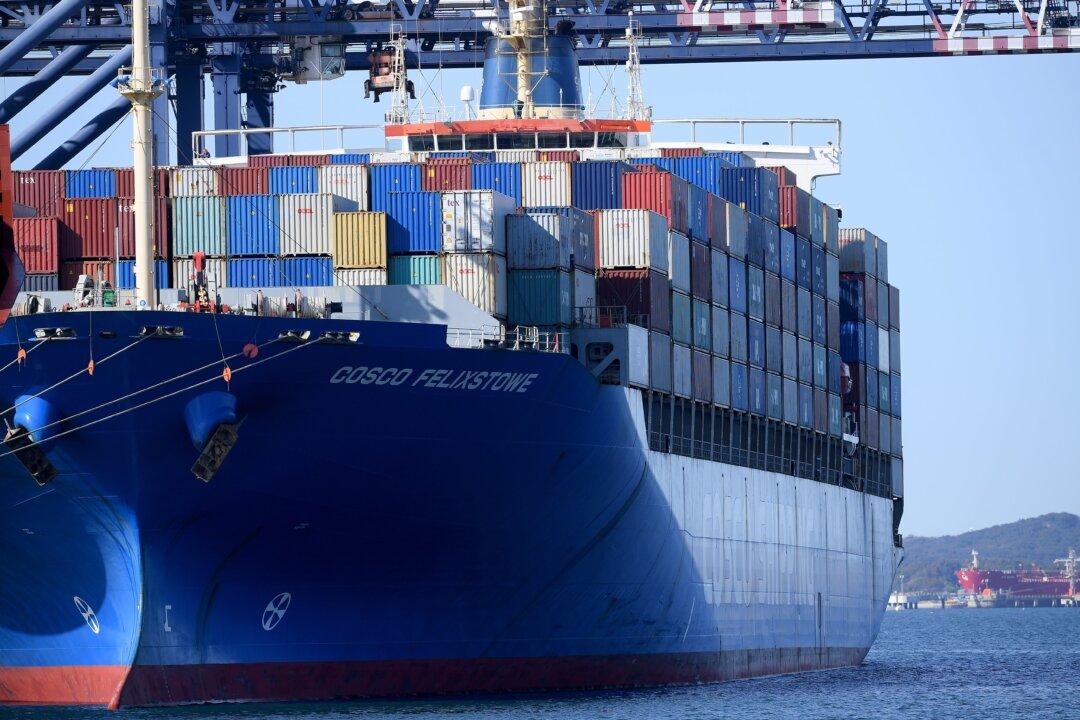Australian Opposition leader Anthony Albanese has restated a 2019 Labor promise to secure supply chains and overseas trade for Australia with a new independent shipping fleet.
Announcing the policy on Jan.3, Albanese said that as a sea locked country, Australia is more dependent on maritime trade than most, with shipping used to transport almost all of Australia’s imports and exports.
Yet despite Australia’s reliance on maritime trade, he noted that only 1 percent of the country’s imports and exports are transported in Australian owned ships. A fact that is concerning the Labor leader said when considering that this makes Australia reliant on other countries to transport essential imports such as fuel.
“For eight long years, the Morrison-Joyce Government has put our national security and economic sovereignty at risk by standing idle as large multinationals dumped Australian flagged and crewed vessels so they could hire cheaper overseas crews,” Albanese said.
“This has destroyed the jobs of Australian seafarers and created a situation where none of the vessels our nation relies upon to deliver its essential supplies of crude oil, aviation fuel and diesel are registered in this country or crewed by Australians.”





